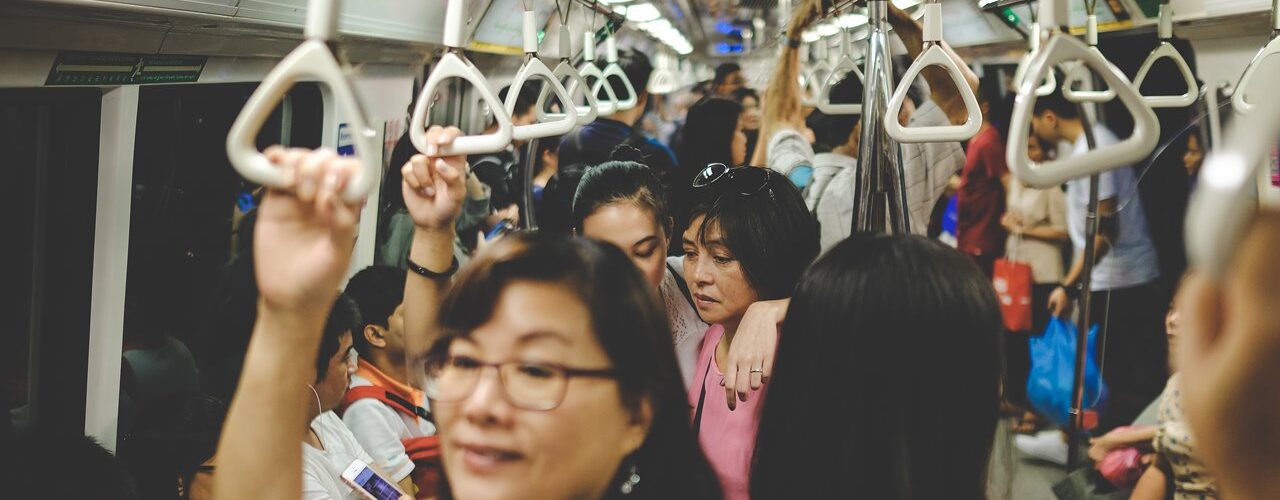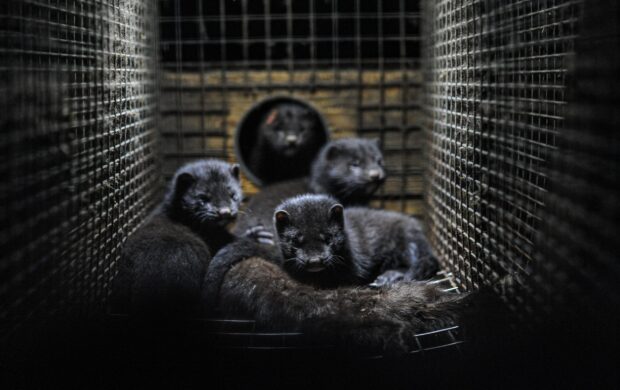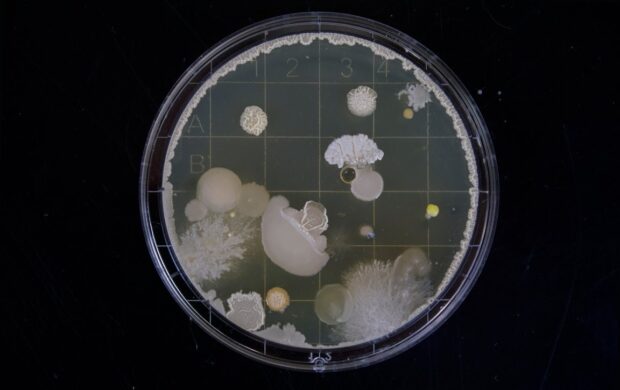Vaccination rates for measles have been dropping in South-East Asia since 2017.

The number of vaccinated individuals in the region has fallen below the 95% mark which is needed to fully immunise a community from the disease. The World Health Organisation has reported that this has caused a 50% increase in cases of measles in the last year.
Anti-vaccine beliefs are the result of a growing mistrust of medical experts and pharmaceutical companies. The miscommunication of false information has fuelled this distrust.
Furthermore, ethical and religious concerns play a part in the anti-vaccine movement. 70 million children in Indonesia were prevented from being vaccinated as the vaccine contained pig components.
Malaysia’s Health Ministry is considering changing the law to make vaccination compulsory for all school children, as it is in Singapore, where, in contrast, there were just 27 cases of measles last year.














